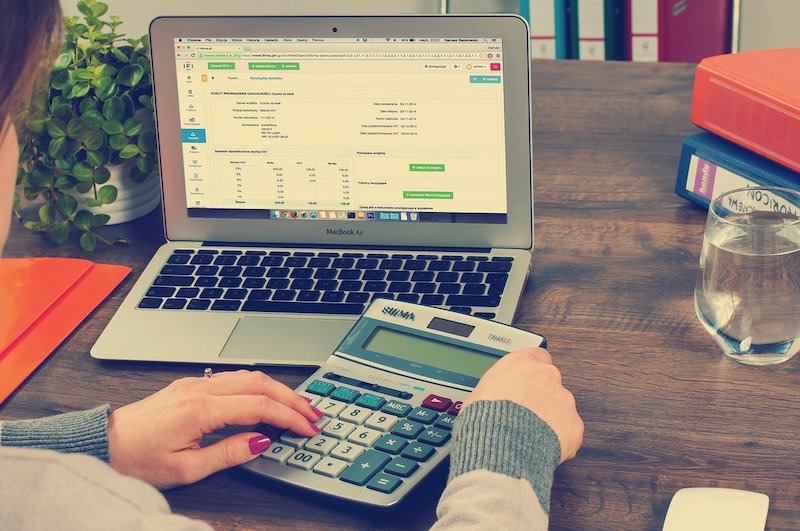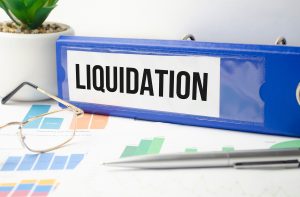Filing a Self Assessment tax return is typically associated with self-employed workers.
However, there are many other instances in which you may be required to complete a tax return – and it is YOUR responsibility to tell HM Revenue and Customs (HMRC) if you think you need to do so.
At first glance, a tax return can look extraordinarily daunting and complicated, but it doesn’t need to be.
Below you will find information about how to register for Self Assessment, how to pay your tax bill, and when your tax return is due.
What is Self Assessment tax?
Self-Assessment is a system used by HMRC to calculate tax on your income.
Usually, any tax will automatically be taken out from your wages, pensions, and savings. However, if you have any other income, you must submit a self-assessment tax return once a year to HMRC.
Remember that Self-Assessment is not a tax. It is simply a way of paying taxes.
If you need to complete a return, you must include in the form all of your taxable income, along with any capital gains. You may also claim tax allowances or reliefs to which you are entitled.
Who needs to complete a Self Assessment tax return?
Self Assessment does not affect everyone. Most people in the UK are not required to file a tax return as they pay all their tax ‘at source’ through Pay As You Earn (PAYE) if they are employed.
Typically, you will only have to complete a Self Assessment tax return if you are:
- self-employed (working for yourself)
- a partner in a partnership business
- a minister of a religion (any faith or denomination)
- a trustee or the executor of an estate.
You may also be required to complete a Self Assessment tax return if you:
- earned £100,000 or more last tax year as an employee or pensioner
- or £10,000 or more from savings interest or investment income
- earned £2,500 or more in untaxed income
- owe capital gains tax from selling assets at a profit
- claim child benefit, if your or your partner’s income is over £50,000
- receive taxable income from abroad, or live abroad but receive an income in the UK
- receive state pension payments that exceed your personal allowance, and it is your only source of income
- are a business partner, or director of a limited company
- or are a trustee of a registered pension scheme or other trusts
- are a ‘name’ at the Lloyd’s of London insurance market
- received a P800 form from HMRC saying you didn’t pay enough tax last year, and you haven’t yet paid the outstanding sum.
How do I pay my Self Assessment tax?
The first step to register for Self Assessment is to inform HMRC, which can be done online here.
Once you have registered, you will receive your Unique Taxpayer Reference (UTR) number, which will come via post and give details about setting up your Government Gateway account online (the code for this will follow in another correspondence).
When your Government Gateway account is live, you will be able to log in and complete your Self Assessment Tax return.
Please note: This process can take up to 20 working days, according to HMRC.
What information do I include in a tax return?
When you fill out your Self Assessment tax return online, you are only required to complete the sections which apply to you.
If you are filling out a paper tax return, it can be more challenging to work out the relevant sections to your situation. Most people will only have to complete the SA100 form, but several other pages may also apply.
Before you begin your tax return, make sure you have to hand records of the following:
- National Insurance number
- UTR number (mentioned above)
- accounts, invoices, receipts, and other records of income
- any relevant expenses
- P45 and/or P60 forms
- any contributions to charities or pensions
Some of the things you might need to include in your tax return include:
- Income
- Pensions (State and/or Private)
- Benefits
- Pension contributions
- Charitable donations
- Student loan repayments
- Child benefits
- Any other income
What are the penalties for late self-assessment returns?
If you have registered as self-employed, you must complete a Self-Assessment tax form annually and complete it before the registered deadline.
If you are filling out a paper tax return, you must file it before midnight on October 31, while online submissions are required before midnight on January 31.
You should prepare for these deadlines well ahead of time, as you will incur a penalty even if you are only one day late in submitting the form; longer delays, meanwhile, are likely to incur more substantial fines:
HMRC can demand up to 100% of the tax due, which means you could find yourself owing more than double the amount of tax you initially owed.
How will COVID-19 affect my Self Assessment tax return?
Due to the coronavirus pandemic, HMRC has extended the deadline for those who have not yet filed their Self Assessment tax returns for the 2018-19 tax year (originally January 31, 2020).
Starting from March 26, if you have not yet submitted your Self Assessment tax return, you now have a four-week extension to do so.
HMRC has also allowed people to defer their tax payments due by July 31, 2020, as your second payment on account. These can now be paid on January 31, 2021.
Where can I find help filling in my form?
Future Strategy can help you with your tax return. Get in touch today.





